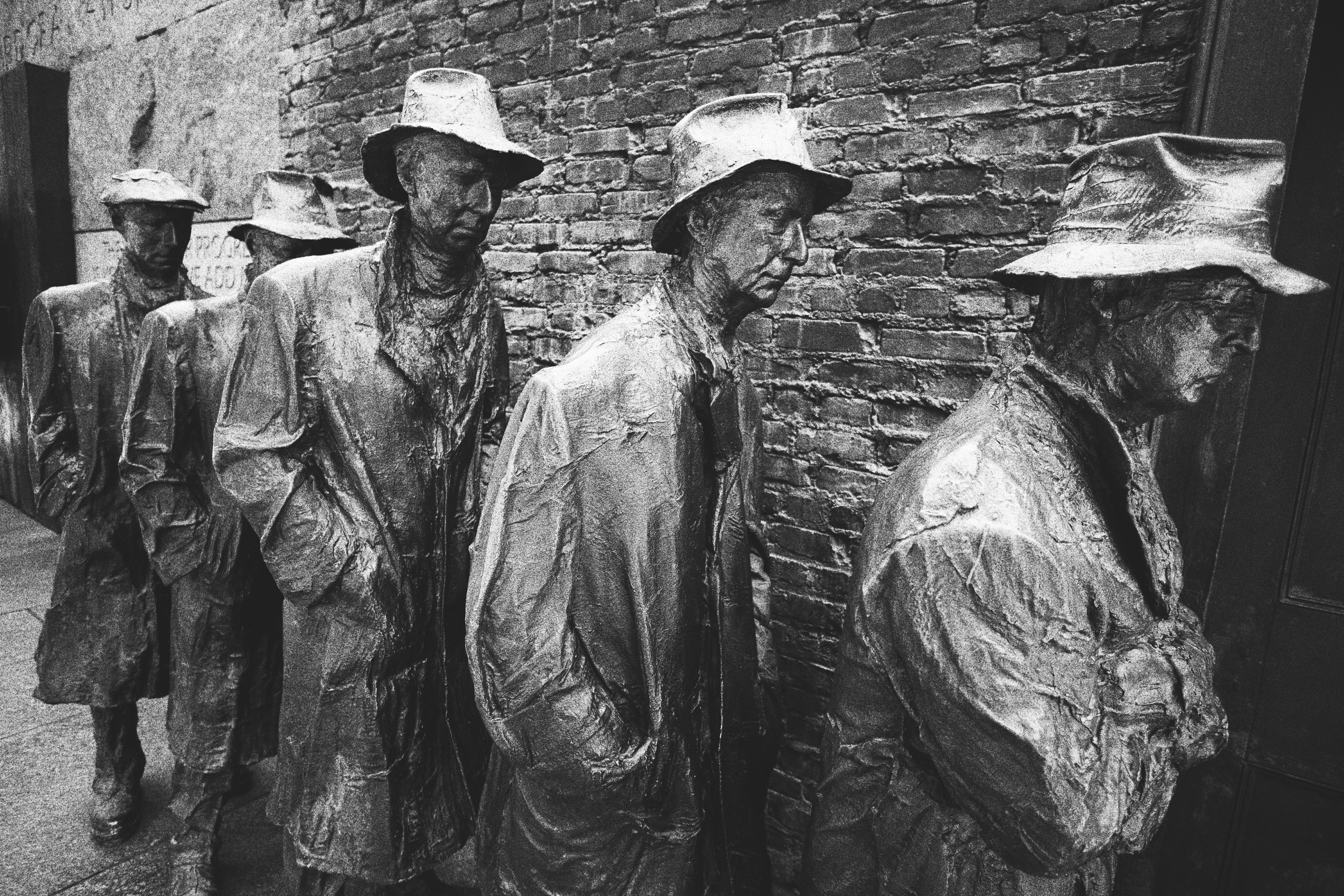The Only Thing We Have to Fear is Fear Itself
 Fred Borch is a lawyer and historian. He was Professor of Legal History and Leadership for 18 years at The Judge Advocate General's Legal Center and School located at the University of Virginia. He served 25 years in the Army as a uniformed attorney. After retiring from active duty, Fred took a job in the U.S. Government as the only career historian whose focus was exclusively on military legal history. He has seven degrees, including an M.A. in history from the University of Virginia.
Fred Borch is a lawyer and historian. He was Professor of Legal History and Leadership for 18 years at The Judge Advocate General's Legal Center and School located at the University of Virginia. He served 25 years in the Army as a uniformed attorney. After retiring from active duty, Fred took a job in the U.S. Government as the only career historian whose focus was exclusively on military legal history. He has seven degrees, including an M.A. in history from the University of Virginia.
President Franklin Delano Roosevelt (FDR) was elected to an unprecedented four terms as our President. His New Deal changed American society forever—and the role of the U.S. government in it. FDR’s leadership during World War II also did much to cement America’s place in the world after 1945. Part of this success as a politician and leader was his gift of speech. His evening radio broadcasts—the so-called “Fireside Chats”—soothed millions of anxious Americans between 1933 and 1944, and his 1941 “Four Freedoms” speech stands out as one of the greatest addresses ever delivered by an American politician. Just as noteworthy is the speech FDR gave 92 years ago this month—on March 4, 1933.
Before the 20th Amendment to the Constitution changed the date to January 20, a newly elected president took the oath as our chief executive on March 4. This explains why FDR’s first inaugural speech after his election in 1932 occurred in early March.
The United States was in the midst of the Great Depression. By March 1933, the banking system had collapsed, factories were closed, farms and homes had been lost to foreclosure, and many men, women, and children were hungry. Unemployment stood at around 25 percent, with 15.5 million civilians out of work from a workforce of 51 million. March 1933 remains the worst month for unemployment in U.S. history. Even those with jobs had lower incomes, meaning that people generally did not have money to spend or save. There was, as yet, no effort by the Federal government to help Americans in these truly terrible economic times. FDR had been elected because the administration of President Herbert Hoover seemed unable or unwilling to fight the Great Depression.

In his speech, FDR insisted that Americans had elected him because they wanted “direct, vigorous action,” and he declared that his administration would reorganize and redirect government authority to win the war against economic hardship. FDR acknowledged that the country was facing a “dark hour” but told his listeners they could win if they worked together. As he put it, in part:
This Great Nation will endure as it has endured, will revive and will prosper. So, first of all, let me assert my firm belief that the only thing we have to fear is fear itself—nameless, unreasoning, unjustified terror which paralyzes needed efforts to convert retreat into advance.
The Nation asks for action, and action now.
FDR went on to say that the country’s “greatest primary task” was to put people to work and that he would ask Congress to give him “broad Executive power to wage a war” against the economic emergency. As he explained, he needed Congress to give him as “great as the power that would be given to me if we were in fact invaded by a foreign foe.”
Within days of taking office on March 4, FDR’s New Deal began. The Emergency Banking Relief Act was signed five days after the inauguration and was joined by numerous programs, including the Civilian Conservation Corps and Works Progress Administration. Not all were successful, but the role of government in American society was altered forever. A great example of this is Social Security, which was established in 1935 and today continues to give millions and millions of Americans a monthly income.
As we look back to what FDR said on March 4, 1933, it is clear that words matter. FDR said what he meant and meant what he said—as he soon followed up by wielding the powers of the presidency to start turning the depressed economy around and putting money back in American pockets. FDR’s words—and the New Deal—gave hope to millions of Americans in the 1930s, and the phrase “the only thing we have to fear is fear itself” continues to inspire those who hear it years later.
- Testing, Diagnosing, and Treating Primary Aldosteronism: A Leading Cause of Hard-to-Treat Hypertension
- Life at the Top: Climate Change in Utqiaġvik, Alaska
- The Only Thing We Have to Fear is Fear Itself
- UVA Club of Tidewater: Hoos at Harbor Park
- UVA Club of Washington DC: April Book Club
- Virginia Club of New York: April Hybrid Business Forum Breakfast